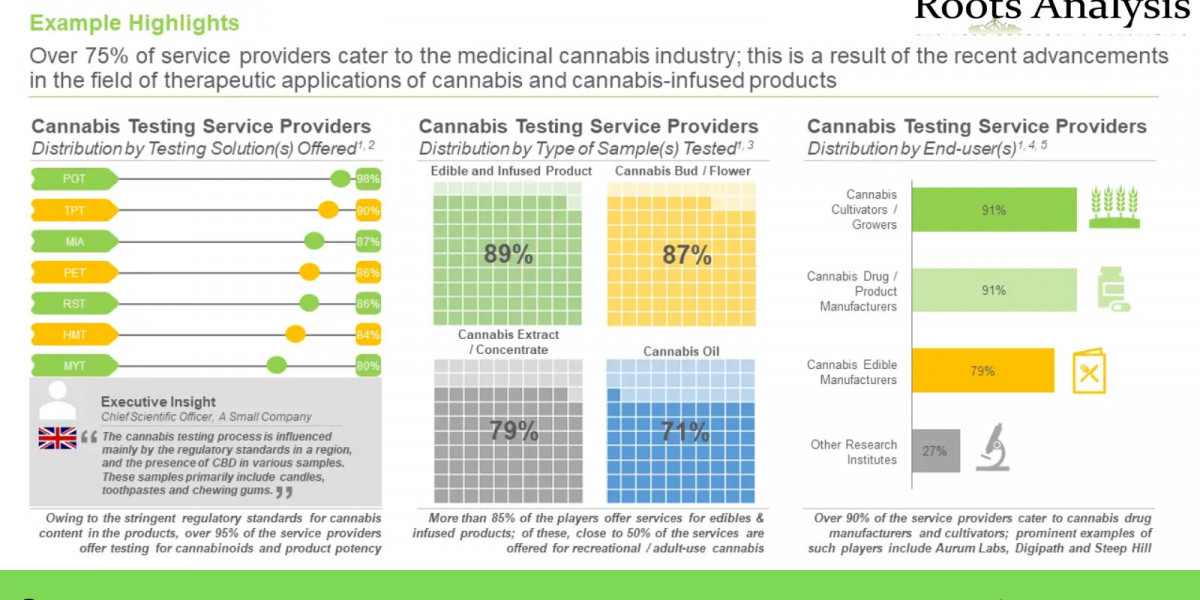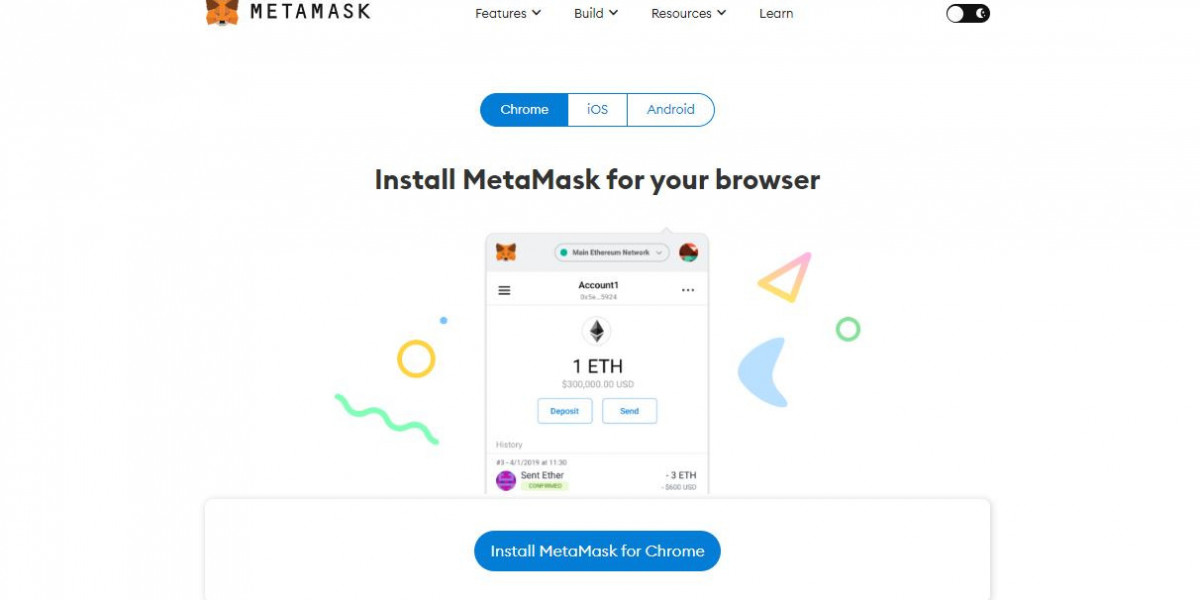Talent Management Software Market Growing Geriatric Population to Boost Growth 2032
Payment as a Service Market Overview -
What is Payment as a Service?
PaaS is a cloud-based payment processing platform that provides businesses with a range of easily accessible payment-processing tools. Simply put, PaaS allows businesses to outsource all of their payment processing needs to a third-party provider. PaaS providers offer various services ranging from online payment gateways to APIs, mobile payment solutions, and POS systems.
PaaS offers businesses the flexibility to select the specific payment processing services that meet their unique needs. This means that businesses can choose to use the selected services on-demand and only pay for what they use, as opposed to operating their own payment processing infrastructure, which can be expensive to build, maintain, and upgrade.
Benefits of Payment as a Service
Streamlined Payment Processing: PaaS simplifies payment processing operations for businesses by replacing the need to build and maintain a payment processing infrastructure. PaaS providers handle all aspects of payment processing, from payment gateway integration to fraud detection, thereby streamlining the payment processing process.
Enhanced Security: PaaS providers are not only highly experienced in payment processing but also have a wealth of expertise when it comes to cybersecurity. PaaS providers invest heavily in security measures to ensure that all payments processed through their systems are completely secure.
Faster Time to Market: By relying on PaaS providers, businesses can reduce their time to market. PaaS providers have existing payment processing infrastructures that can be integrated with ease into a business' existing systems. This enables businesses to launch their payment processing capabilities immediately, without the need to invest in a dedicated infrastructure or spend significant time and resources setting up their own payment processing systems.
Cost Savings: Outsourcing payment processing to a PaaS provider significantly reduces the cost of payment processing for businesses. This is because PaaS providers operate on economies of scale that enable them to offer their services at a much lower cost compared to what businesses would incur if they were to set up their own payment processing infrastructure.
Customization: PaaS providers offer businesses a range of payment processing options that can be tailored to the unique needs of their customers. This enables businesses to offer a payment.
Browse In-depth Market Research Report (100 Pages) on Payment as a Service Market
Prominent Players In Payment as a Service Market
Total System Services (TSYS), Paysafe Group Ltd. Verifone, Ingenico, Aurus Inc., Pineapple Payments, ePay, BlueSnap Inc., PayU, Alpha Fintech, Google, Stripe, Braintree, Amazon, Skrill, Zoho Checkout, BitPay, Authorize.net, WePay, and others








